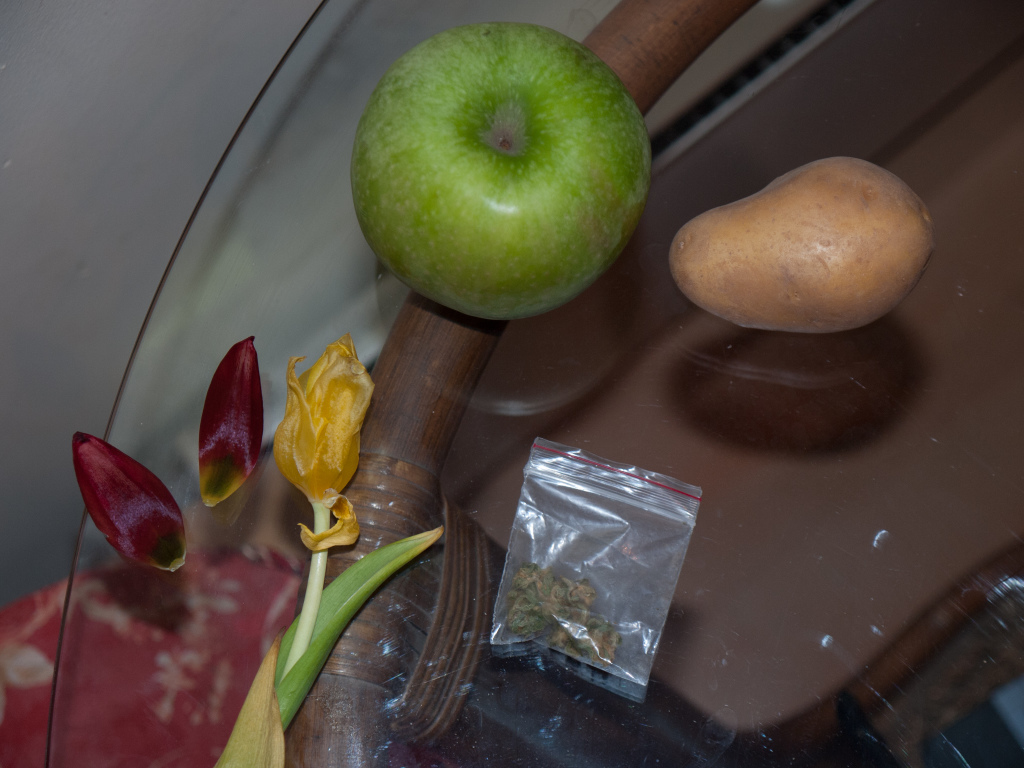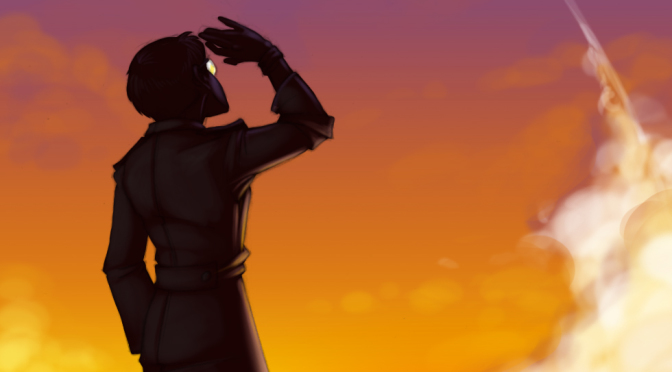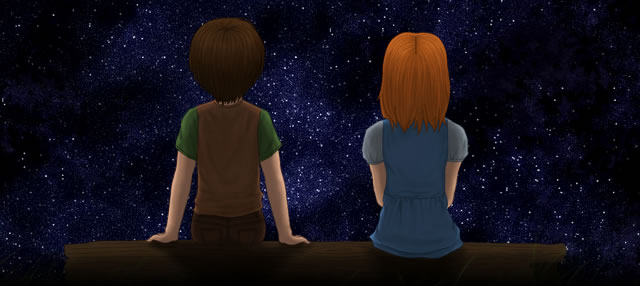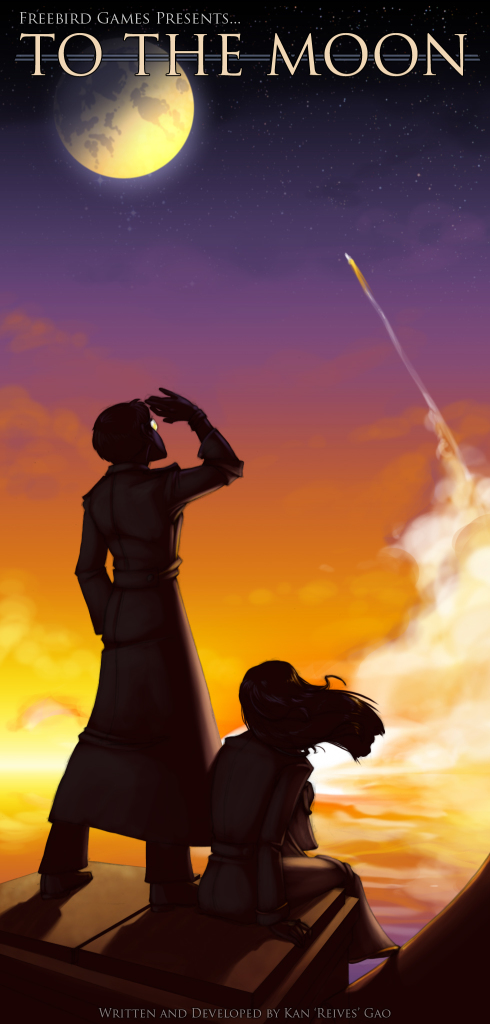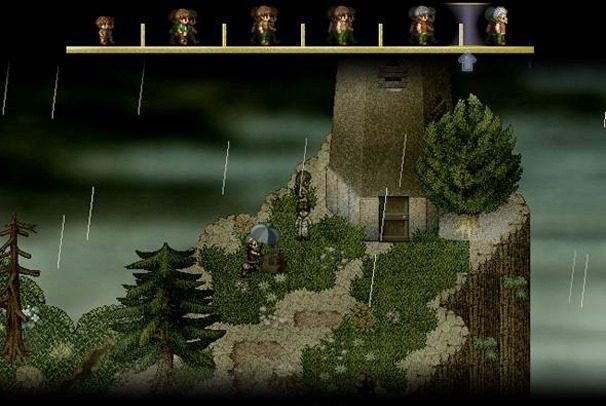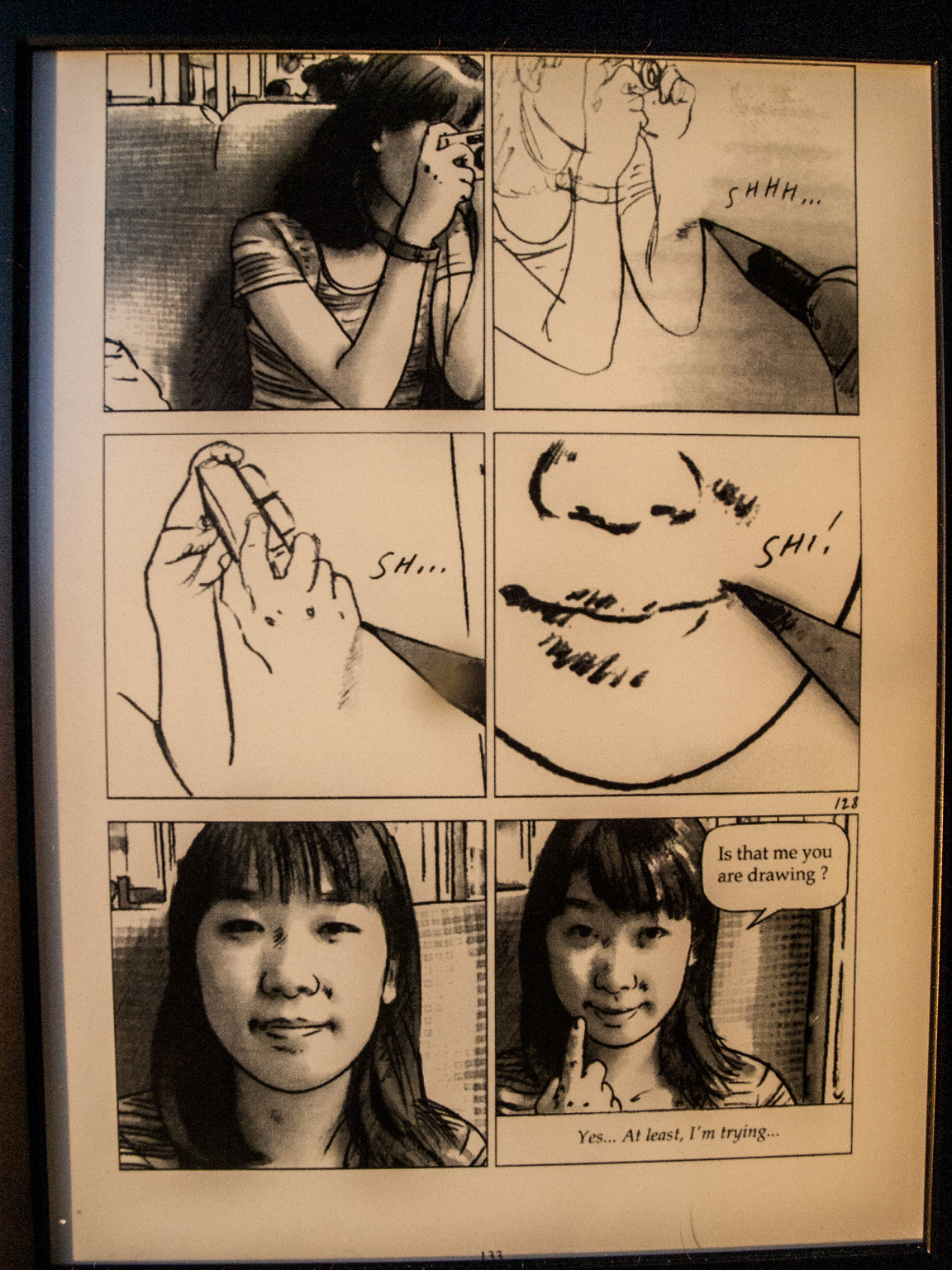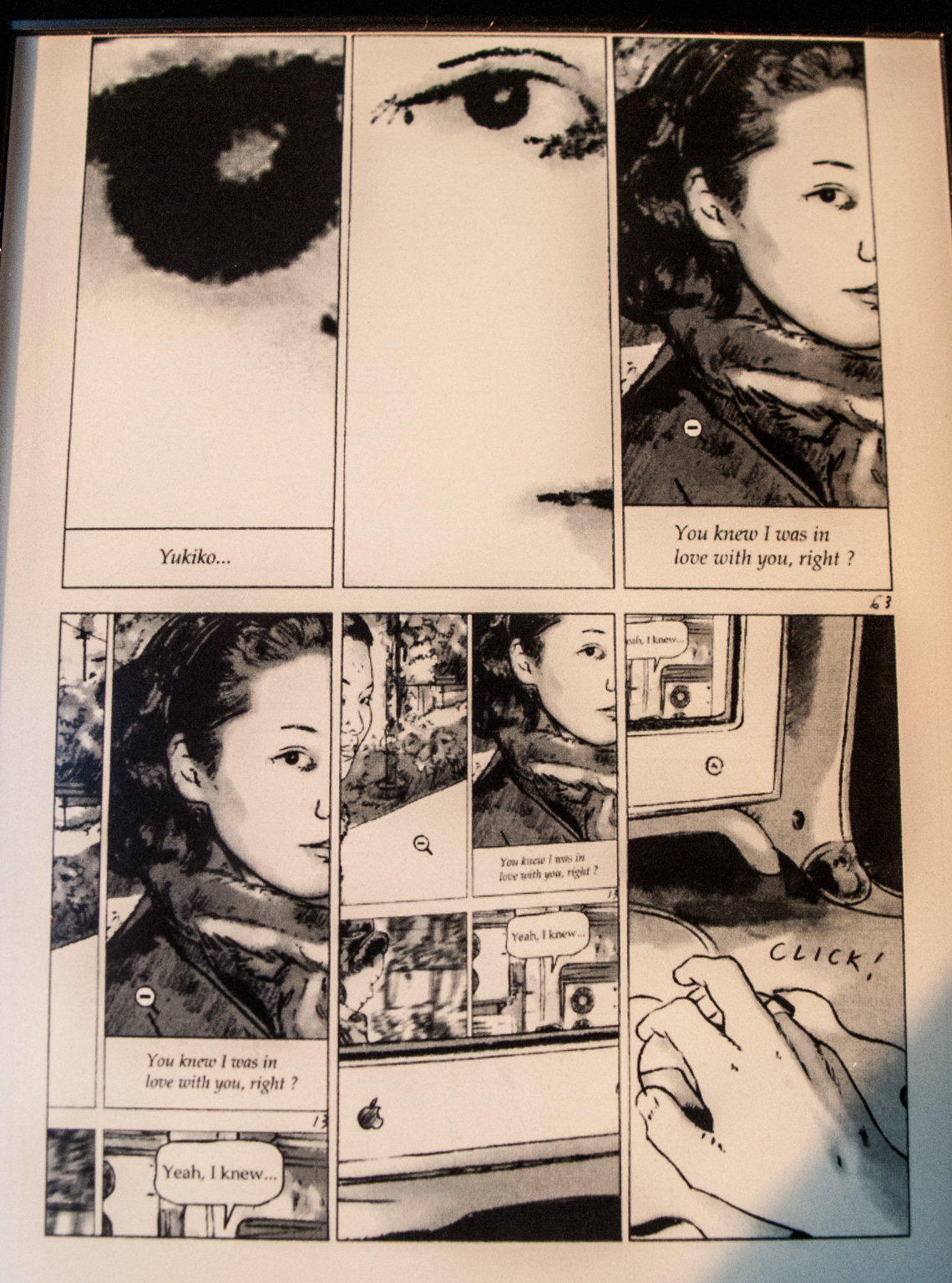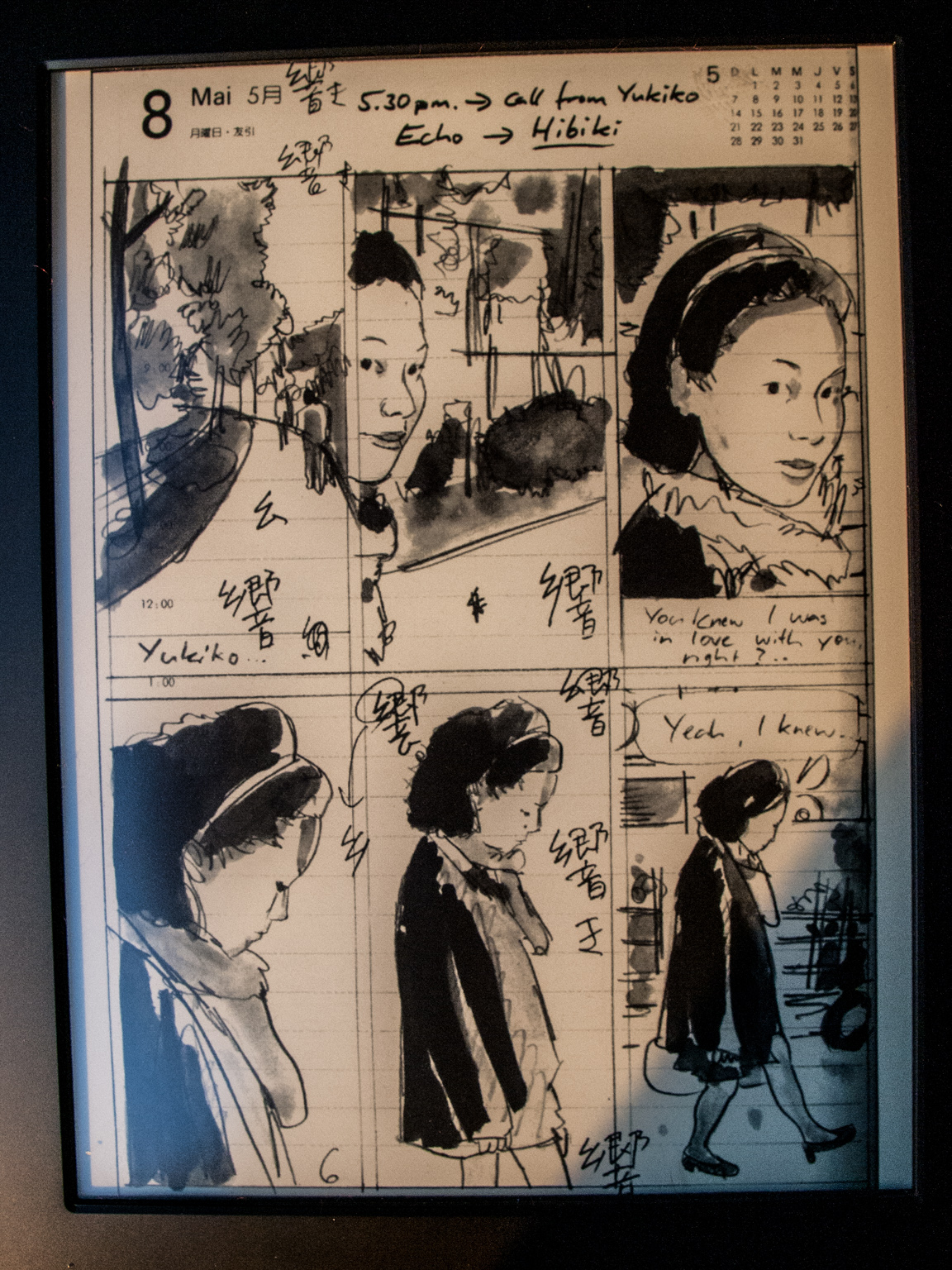 The Long Descent: A User’s Guide to the End of the Industrial Age by John Michael Greer
The Long Descent: A User’s Guide to the End of the Industrial Age by John Michael Greer
My rating: 5 of 5 stars
I recently read two of Mr. Greer’s books,
The Long Descent and The Ecotechnic Future: Envisioning a Post-Peak World. This review is for both of them, as they made me feel and think more or less the same things. For your information, both share the same ideological and theoretical ideas, but they were different in some aspects: The Long Descent’s explanation of what the myth of progress is and how and why it came about I enjoyed more, while it was the practical information, tips, guidelines, the rough sketches of the direction humanity should/will be taking in the next few decades or centuries and the different aspects and challenges of life in the future that I thought were exceptionally valuable in The Ecotechnic Future.
Some have expressed the problems of The Long Descent as in this review, especially related to the more practical aspects of recycling old technology. If you disregard these problems, or are willing to accept them for what they are or look into them for alternatives, these are tremendous books that serve as manuals on theoretical, philosophical and practical levels on how to perceive what’s imperceptible for most people in the present, prepare for the future and predict what it might look like and understand history in a different way which would raise plenty of eyebrows.
Nevertheless, Greer’s argument is incredibly solid. He presents the myth/religion of progress, the inevitability and unavoidable reality of the long peak-oik collapse and the fact that any suggested workaround that comes from the same “myth of progress” mental space as void of meaning and practicality, so convincingly, so eloquently, so overwhelmingly… I have few words left to express without exaggeration my level of admiration and approval I can show to this man.
He may be a druid (just adding it here because for some people it’s a minus, for me it’s a plus), he may have chosen to live without a cell phone or never tried playing video games, he may be “anti-science” or “anti-progress” (silly words coming from people who don’t but superficially grasp the meaning of these concepts), but few times have a I read the work of a man more in line with what I understand the true scientific spirit to be and only rarely do I come across the writings of a person who’s done his or her homework so deeply on what he or she’s purportedly against.
I’m serious. This is a challenge for you, if you’re up to it: persuade me that the points raised by these books and Greer’s work are moot. I can tell you from now that if you try you won’t be able to and will most likely resort to some variation of the typical “it will sort itself out/they will figure something out” or “it’s the next generation’s problem”, that are the popular ways of handling the prospect of the decline of industrial civilization today.
Mr. Greer’s work is not for everyone, but in my view it should be: almost every person living today, especially if their age marks them as young, would benefit from experiencing looking at industrial society and civilization through the prism future generations, who will live by scavenging iron off skyscrapers, to give one particularly memorable prediction off these books, will judge us by. It’s quite a revealing, shocking but also strangely rewarding experience.
The matters laid out by The Ecotechnic Future and The Long Descent form a significant part of what has been bothering me lately and will most likely influence my future decisions. For that I’m grateful. Not happy, at least not yet, how can one be happy when he or she has realised the profundity of his or her own uselessness, but grateful nevertheless.





